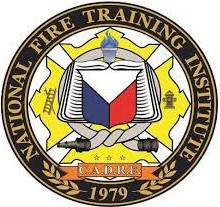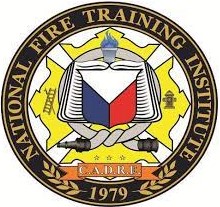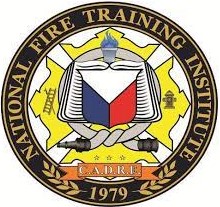SO TOMIMBANG, KEIR L SO PLAYDA, JOHN REX J INTERAGENCY COORDINATION DURING FIRE OPERATION AND OTHER EMERGENCIES: CHALLENGES, BARRIERS, AND STRATEGIES IN DAVAO CITY

Type
Thesis
Authors
TOMIMBANG, ( KEIR L )
Category
Thesis
[ Browse Items ]
Publication Year
2024
Publisher
NFTI Library, Philippines
URL
[ private ]
Volume
1
Pages
52
Subject
INTERAGENCY COORDINATION DURING FIRE OPERATION AND OTHER EMERGENCIES: CHALLENGES, BARRIERS, AND STRATEGIES IN DAVAO CITY
Series Name
Abstract
ABSTRACT
In modern times, disasters pose significant threats to lives, organizations, the
environment, and the economy. While natural disasters cannot be controlled, their
impact can be mitigated through robust interagency coordination. To improve
emergency response and operational efficiency, this study intends to strengthen
interagency collaboration within the Bureau of Fire Protection (BFP) in Davao City. The main goals are to address the inconsistencies in the communication protocol, the
uneven distribution of resources, and the misalignment of operating procedures. Utilizing a qualitative action research technique guided by the notion of complex
adaptive systems and coordination theory, the study collects insights from a range of
emergency response stakeholders through in-depth interviews and observations. The study identified key obstacles to efficient disaster response. These
difficulties include outmoded technology, a deficiency of uniform communication
guidelines, ineffective logistics, and inadequate cooperation across volunteer
organizations. The study proposes a few policy alternatives based on these findings, including modernizing technology, standardizing communication materials, building a
dual-use communication system with built-in redundancy. The report also recommends
a continuous public awareness campaign that makes use of social media to raise
community knowledge and readiness. In conclusion, implementing these
recommendations is expected to foster efficient interagency cooperation and enhance
disaster response effectiveness in Davao City.
In modern times, disasters pose significant threats to lives, organizations, the
environment, and the economy. While natural disasters cannot be controlled, their
impact can be mitigated through robust interagency coordination. To improve
emergency response and operational efficiency, this study intends to strengthen
interagency collaboration within the Bureau of Fire Protection (BFP) in Davao City. The main goals are to address the inconsistencies in the communication protocol, the
uneven distribution of resources, and the misalignment of operating procedures. Utilizing a qualitative action research technique guided by the notion of complex
adaptive systems and coordination theory, the study collects insights from a range of
emergency response stakeholders through in-depth interviews and observations. The study identified key obstacles to efficient disaster response. These
difficulties include outmoded technology, a deficiency of uniform communication
guidelines, ineffective logistics, and inadequate cooperation across volunteer
organizations. The study proposes a few policy alternatives based on these findings, including modernizing technology, standardizing communication materials, building a
dual-use communication system with built-in redundancy. The report also recommends
a continuous public awareness campaign that makes use of social media to raise
community knowledge and readiness. In conclusion, implementing these
recommendations is expected to foster efficient interagency cooperation and enhance
disaster response effectiveness in Davao City.
Number of Copies
1
| Library | Accession No | Call No | Copy No | Edition | Location | Availability |
|---|---|---|---|---|---|---|
| NFTI Library | 676930 | 1 | Yes |



